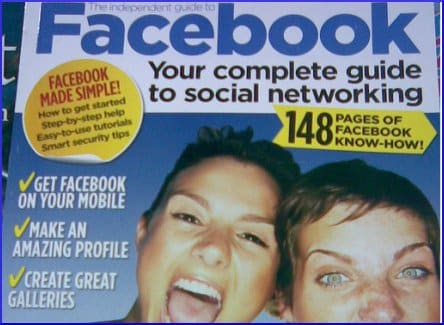
In a study of more than 1,000 young users of the social network platform Facebook, researchers found that (in the demographic being studied) the opinion of a “strongly tied” friend means more than the opinion of a “weak tie.” A lot of people might be in your network, but they can’t all be your inner circle, and most are not. At Facebook headquarters, the strong ties are measured not only by how much dialogue any two friends might engage in, but by some complex algorithm that considers how many of each other’s posts they “Like,” and so on.
Online or in real life, social scientists are interested in what constitutes a strong tie. Some young people emerge from among their peers as natural thought leaders, and they are not always music stars or athletes. Sometimes the young are influenced by the most surprising people, as a look back at the ’60s will show. How does that work, exactly? Where will the Mario Savio or the Fred Hampton of the anti-childhood obesity crusade come from?
With the young, the challenge of supporting a natural leader is built in, because the minute a spokesperson receives any kind of reward, many of the skeptical young will mutter, “sellout.” If a cultural movement against obesity is to evolve, how can its natural leaders be encouraged, without invalidating their credibility in the eyes of the audience they hope to influence?
The study’s co-authors are Keith Wilcox of Columbia Business School and Andrew T. Stephen of the University of Pittsburgh. They found that Facebook can have a detrimental effect on a person’s self-control, online and in real life. There is such a thing as too much self-esteem, and Facebook can enable that tendency. Wilcox is quoted as saying:
We find that people experience greater self-esteem when they focus on the image they are presenting to strong ties in their social networks. This suggests that even though people are sharing the same positive information with strong ties and weak ties on social networks, they feel better about themselves when the information is received by strong ties than by weak ties.
Some would say, that’s just human nature. We appreciate positive feedback from the people we feel the closest to. But now it’s scientifically confirmed. What constitutes a “strong tie” is worth investigating.
Evan Nowell wrote about the study, and described the worrisome aspect:
[…] [U]sers who are focused on close friends tend to experience an increase in self-esteem while browsing their social networks; afterwards, these users display less self-control. Greater social network use among this category of users with strong ties to their friends is also associated with individuals having higher body-mass indexes and higher levels of credit-card debt.
So, there you have it. Strong ties correlate with higher BMI. But what does it mean? Are we saying fat kids shouldn’t have as many friends as they can manage to accumulate? They shouldn’t be allowed to have strong ties, otherwise known as good friends?
At any rate, Nowell’s article goes into more detail about the fifth element of the total project, an online field study whose object was to look at the relationship, if any, between online social networks and the types of real-life behavior that indicate poor self-control. Here is his description:
Participants completed a survey asking about their height and weight, the number of credit cards they own and the amount of debt on them, and how many friends they have offline, among other questions. ‘The results suggest that greater social network use is associated with a higher body-mass index, increased binge eating, a lower credit score, and higher levels of credit-card debt for individuals with strong ties to their social network,’ the researchers wrote.
Yikes!
Your responses and feedback are welcome!
Source: “Social networks may inflate self-esteem, reduce self-control,” EurekAlert!, 01/14/13
Image by kyz (Stuart Caie).

 FAQs and Media Requests:
FAQs and Media Requests: 











